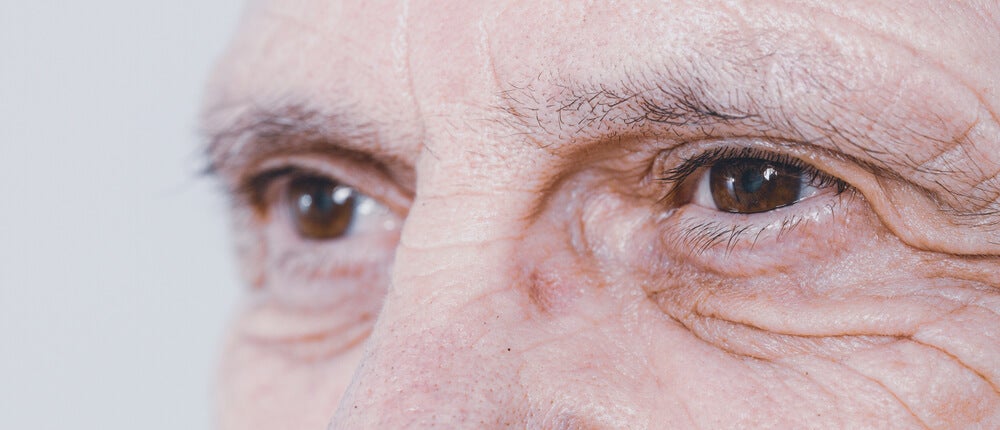The social image of the old man as an isolated individual, who enjoys tranquility and a well-deserved rest at home, looking at his garden, playing pétanque or pétanque in the square at 60, changes radically. talk about the fourth age.
The population over the age of 85 has increased by 231% in the last three decades, increases longevity and decreases the percentage of births: this inversely proportional relationship shows that we are living a period that forces us to change social and family structures.
- The elders were those of the elders.
- Yes.
- They were too old.
- More than forty years ago.
- When the press published a report involving a 60- or 65-year-old.
- The headline said: “Sexagenary?.
Times have changed, and many. Today we present a new old age, and the grandparents of yesteryear are already an endangered species.
The so-called elder, a group that included older adults and the elderly, was an evolutionary cycle composed of a series of peculiarities that define old age.
For example, fashion intended for this audience has used certain colors close to finestitude: brown, black, grey, navy, colors related to death or mourning; Moreover, the designs were not innovative at all, quite the opposite: the key to the word was austerity.
If a man wore jeans and slippers, he tried to look like a teenager; if a woman wore makeup, high heels and a colorful blouse, many said she wanted to compete with her daughter.
In terms of life expectancy around the world, according to WHO data from 2013, there are 33 countries, led by Japan, with a life expectancy ranging from 80 to 84 years.
European countries over the age of 80 include Spain, Sweden and Switzerland, while American countries are adjusting to an approximate level 72 to 81 years old, the latter is the case in Canada.
Meanwhile, countries on the African continent have a much lower average: only 55 years.
There’s definitely a new old age: old age is no longer the last, and there’s a fourth age starting at 75.
Today, people in their 60s have between 20 and 25 years of working life, and when the limits of life widen in this way, life changes, projects, loves, sexuality, work, work change. Leisure?
Today there is a health awareness: it is common to perform physical activity three or four times a week, even if it is a 30-minute walk.
Gyms are growing over 60, and concerns about healthy eating, with a low-cholesterol, low-fat diet, are much greater.
With surgery it is possible to obtain flat stomachs, prominent breasts, open eyelids, there is also botox, which fills wrinkles and allows smoother skin, aesthetics, hair dyes (for men and women), creams, clothes, everything has changed!
In this new era, men use anti-aging creams without any obstacle, and the most daring even get tattoos, women look in the mirror and try to be attractive, and do not skimp on seduction in their relationships, they work hard in the gym to maintain a firm and well-formed body.
Viagra renewed sexuality and thus made love possible after love, allowing the formation of new couples after widowhood or divorce.
The structures of couples and, therefore, family structures, have changed from the time death separates us until life separates us, as longevity increases the time and risk of maintaining a relationship.
Longevity benefits from technological and medical advancements with MRI and CT scans, and advanced pharmacology that prevents and targets disease.
In short, longevity leads the individual to forge new relationships that bring families together, to enjoy an active sexuality that provides pleasure at a time when it was considered lost, to appreciate grandchildren in an active and playful way, to retire even relatively young and active, facing duel, illness and geriatric hospitalizations ever later.
Despite all this, it is important to note that human change leads to crises that must be overcome: living too much or living long is a biopsychosocial, political and economic problem.
At this point, the fourth age changes, among other things, the cycles of evolution: adolescence has been prolonged, maturity is delayed, couples are consolidating later and children are increasingly delayed.
Social works are collapsing because the end of life has been prolonged, and it is necessary to maintain the health of octogenarians through clinical examinations, medications, hospitalizations.
Finally, all of this means that the government must postpone the start of retirement, given the number of years during which it will have to maintain the passive class, which is no longer passive at the age previously stipulated.
Beyond these disadvantages, once crises have been overcome, living longer means having more time in life for the people you love, as well as prolonging shared situations, so we must take care of the right emotions and feelings and our relationships.
As paradise can wait, let us build situations of well-being and happiness on Earth.

